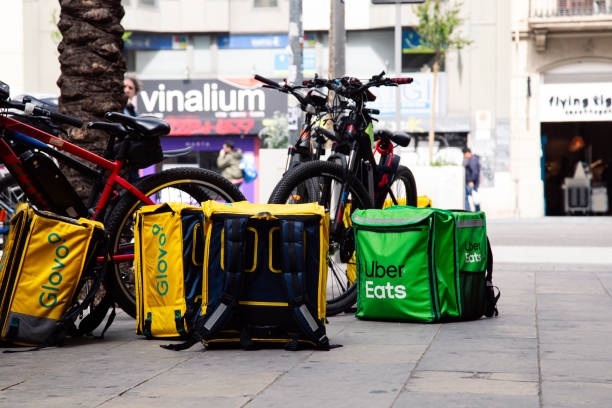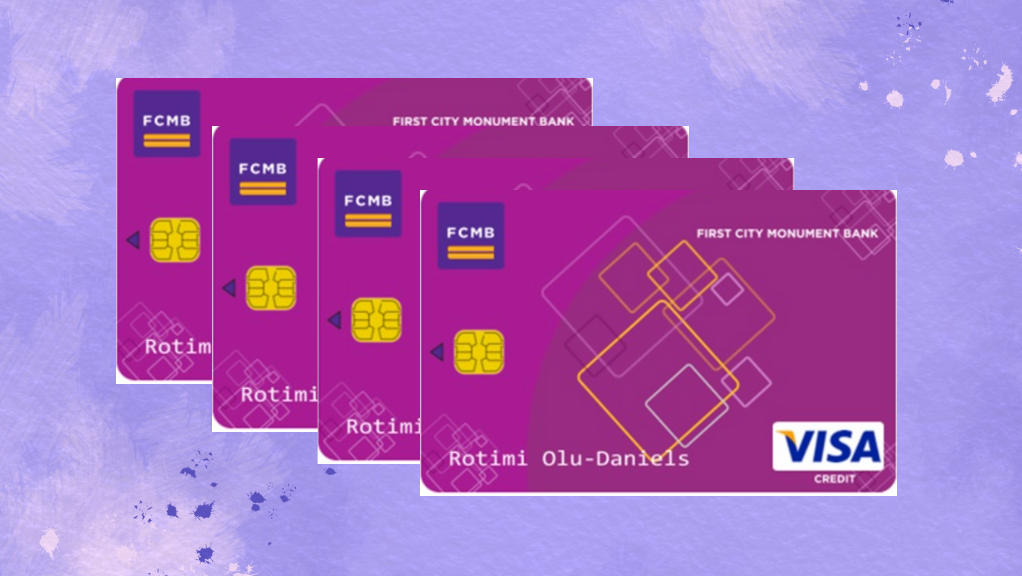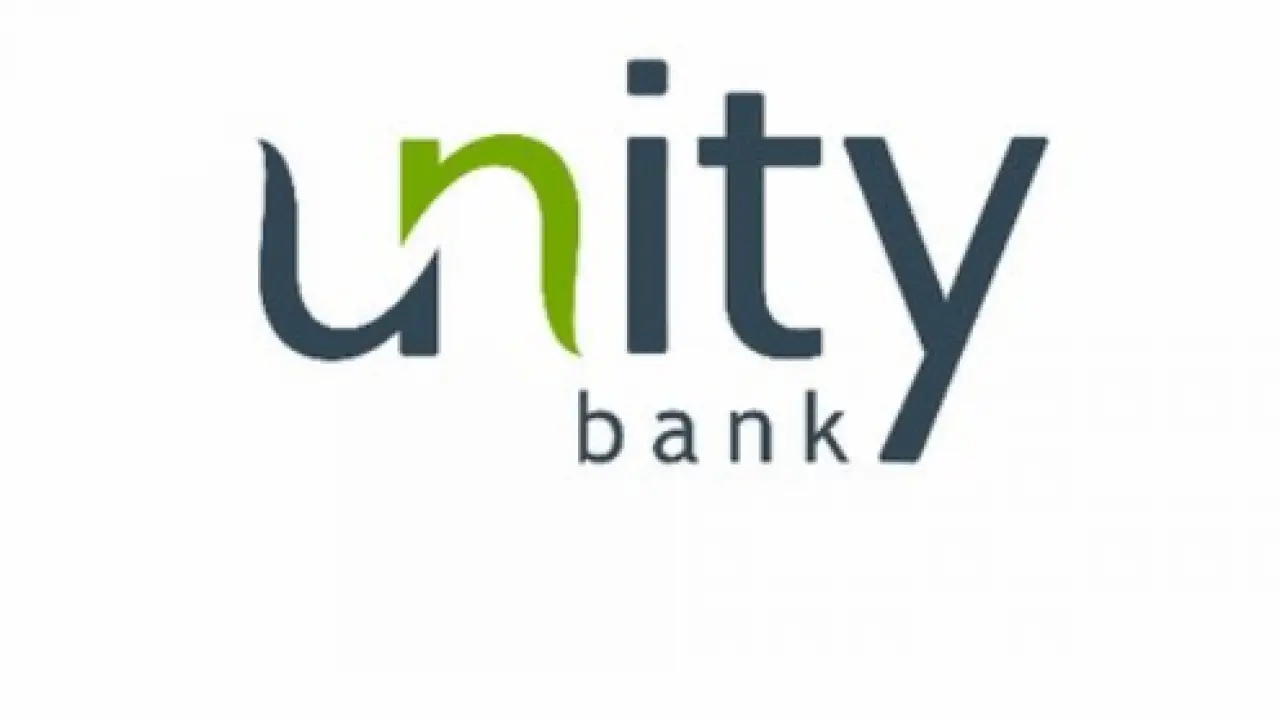Nigeria
Do you know what is Gig Economy ?
The gig economy is a labor market characterized by short-term contracts or freelance work instead of permanent jobs. This type of work is seen as either a flexible working environment or a form of exploitation with minimal workplace protection, depending on one's perspective.
Advertisement

The “gig” economy is a term used to describe a labor market where short-term contracts or freelance work are prevalent instead of permanent jobs. Depending on one’s perspective, it may be viewed as a flexible working environment or a form of exploitation with little workplace protection. The employment status of people in the gig economy has been the subject of legal battles, including a recent case involving Pimlico Plumbers in the Court of Appeal, where the ruling found that one of its plumbers was a worker entitled to basic rights, including holiday pay, rather than an independent contractor. The outcome of such cases, including those involving Uber and Deliveroo, will be carefully examined for their implications on the workplace rights of millions of people employed in the gig economy in the UK.
IT’S ABOUT FLEXIBILITY
The gig economy pays workers for individual “gigs” such as food deliveries or car rides instead of a regular salary. In the UK, around five million people work in this capacity as couriers, ride-hailing drivers, video producers, and other roles. Proponents argue that the gig economy offers flexible hours, giving workers control over their schedules as they balance other priorities in their lives. Additionally, employers benefit from the flexible nature of the gig economy since they only pay when work is available, without incurring staff costs when there is no demand. However, workers in the gig economy are considered independent contractors and lack protection against unfair dismissal, redundancy payments, and national minimum wage, paid holiday, and sick pay. These issues have become contentious.
NEW RULES
Employers attempting to classify staff as independent contractors have faced two tribunal hearings that ruled against them in recent months. Last October, Uber drivers in the UK were granted the right to be classified as workers, entitled to holiday pay, rest breaks, and the national minimum wage, in a landmark ruling by a London employment tribunal. The GMB union hailed the decision as a “monumental victory” for around 40,000 drivers in England and Wales. However, Uber appealed the ruling in December, and the case is ongoing. In January of this year, another tribunal ruled that Maggie Dewhurst, a courier for City Sprint, should be considered a worker entitled to basic rights. In addition, a group of food takeaway couriers working for Deliveroo sought union recognition and workers’ rights by taking legal action in the UK at the end of last year.

A BIG CHANGE IN THE WAY THAT WE WORK
Workers in the gig economy are distinct from those on zero-hours contracts, which are utilized by companies like Sports Direct, JD Wetherspoons, and Cineworld. While both types of contractors lack job security and guaranteed hours, zero-hours contractors are entitled to holiday pay and are considered employees in some sense. Gig economy workers are not entitled to sick pay, however. The UK Department for Business is currently investigating various working practices, including those in the gig economy, in an effort to ensure employment rules reflect “new ways of working.” The government is particularly concerned with the status of gig economy workers as they are cutting into the Treasury’s tax revenue, with the Office for Budget Responsibility estimating a cost of £3.5bn in 2020-21. Chancellor of the Exchequer Philip Hammond has expressed a need to find more effective ways to tax workers in the UK’s evolving labor environment.
Trending Topics

Apply Ecobank Nigeria
Elevate your financial situation with an Ecobank loan in Nigeria. From personal loans to business loans, we have the loan options.
Keep ReadingYou may also like

Zenith MasterCard and Visa Platinum Credit Card
Relax in over 800 airport lounges around the world with the Zenith Bank MasterCard Platinum credit card! Click here and find out now!
Keep Reading
FCMB Visa Card Classic: Learn More
Get the best out of your finances with the FCMB Visa Credit Card Classic. Benefit from flexible payment options, worldwide acceptance.
Keep Reading
Recomendador – Unity Bank
Unity Bank is a leading commercial bank in Nigeria, offering a wide range of banking products and services.
Keep Reading